Industry News
Blockchain could help legalise the loot boxes
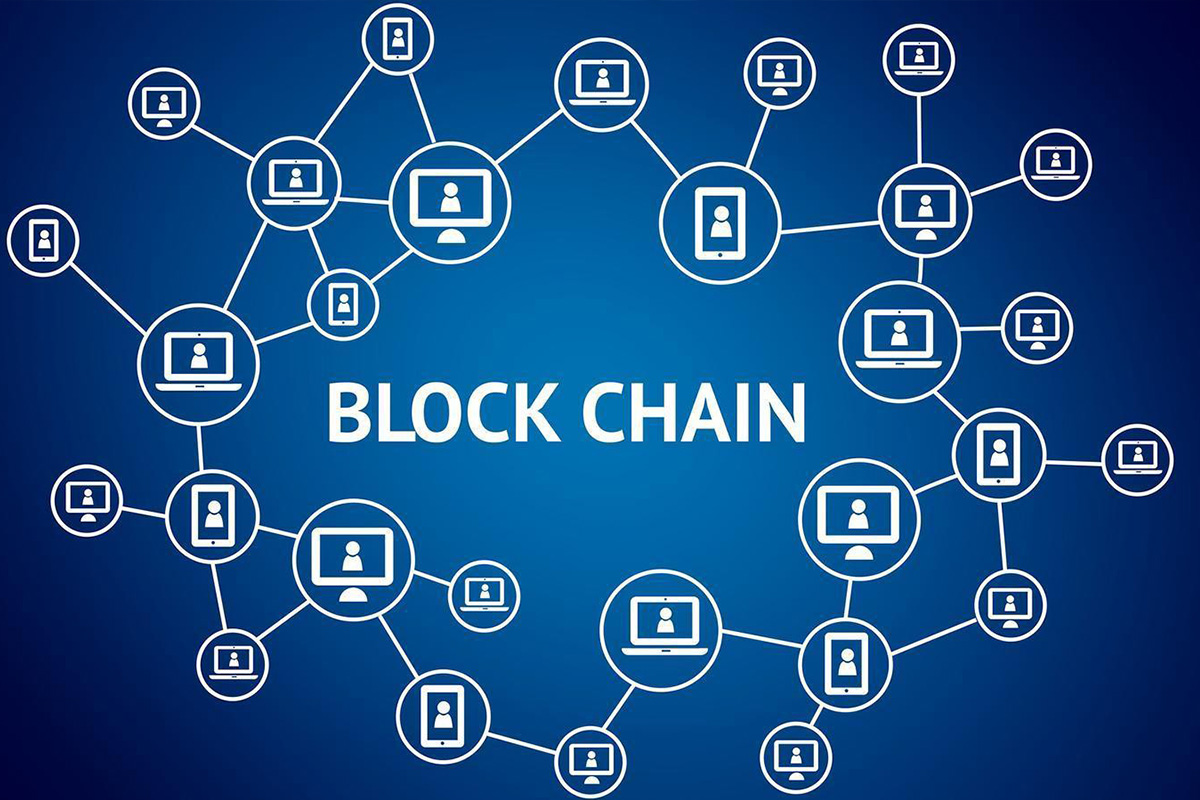
Loot boxes, which have been in existence for about a decade, have run into legal problems in countries such as the Netherlands and Belgium. The redeemable virtual rewards system, which involves accessing maps, weapons and a whole range of upgrades to your in-game functionality, had already become so popular that some developers have wholly shifted their monetisation models away from paid-for-games to free-to-play games because of the revenue they provide.
But the legal issues are threatening the core business model of loot boxes. That is why developers are thinking of reverting to a business model based on advertising or selling games rather than giving them away for free.
However, there can be another option. Rather than making such a drastic U-turn, they could find salvation in the shape of the blockchain. By implementing a new tokenised economic model that this technology provides, game developers could not only continue to make money without having to rely on advertising but also implement a system that would reward gamers for the time they spend playing games.
The problem with loot boxes
Loot boxes first emerged in Asia, but have become more well-known after social game developers like Zynga successfully implemented them. Since then, loot boxes have slowly begun to embed themselves into the fabric of most games, even where their incorporation seems unnecessary. Then loot boxes’ presence in triple-A console games like Overwatch, Battlefront 2, and Shadow of War ramped up their presence in terms of public awareness.
When an entry fee or cost is present in a gaming monetisation scheme, along with luck or chance, and the potential for some type of monetary gain, the scheme is almost definitely going to be considered gambling as a result of those three key elements. Since loot boxes have both a cost and a “random element,” they have landed game makers in hot water with regulators. The cash purchase of these boxes, for regulators in the Netherlands and Belgium, resembles gambling – and is therefore an illegal offering.
While companies like EA have said they will persist with loot boxes, confident that other regulators do not see the situation in the same way as the Belgian or the Dutch authorities, there is no guarantee that other authorities would not act to quash them.
Blockchain as a solution
Rather than putting these key revenue flows at risk though, one potential path that publishers could pursue is to leverage a new form of blockchain monetisation. For example, my company, Loot, has a new mining process that leverages player skill to generate new units of cryptocurrency instead of GPU or CPU mining.
All blockchain networks have some sort of incentive mechanism built into them, which helps the network to function properly. In the case of Bitcoin, this is the proof of work algorithm that keeps the network secure and trustworthy by making it hard to add new transaction data to the blockchain. For game networks, the algorithm could be based not on computational power, but gameplay and the “work” done by players. This would eliminate the initial entry fee, which would prevent regulators from labelling it gambling.
Even though you can already earn virtual currencies within games, cryptocurrencies that are mined and awarded as a result of gameplay are a unique new solution because traditional virtual currencies in games have no value outside of the game, while cryptocurrencies hold their value everywhere. This is the key, because if the coins players spend in the game to buy loot boxes and other items have real value outside of the game, the developers can accept their own in-game coins as real payment for their items. This solves the problem of traditional entry fees and ultimately eliminates the consumer risk that is arguably the most important of the three elements that define what is gambling and what is not.
From the game publisher’s perspective, this would mean they could continue to offer loot boxes but just have them paid for with cryptocurrency that gamers have mined and earned from their skill in play, instead of with real money.
For example, in Overwatch players are currently unable to spend in-game credits and have to spend real money or wait for a level up to grab a loot box. If the in-game credits were a cryptocurrency generated on a blockchain as a result of player skill, Blizzard could accept the credits as payment (at no cost to the user) and exchange the credits for dollars like any other cryptocurrency. This means the players do not have to spend any of their “real” money while the developer has the same revenue they did before.
As publishers and developers consider the effect that loot box regulation might have on profits, they should consider blockchain technology as a potential solution. Publishers should understand that this innovative new technology could safeguard existing revenue streams and also incentivise gamers to play more.
Tobias Batton is CEO of Signal Zero. The company behind Loot, the world’s first blockchain protocol that allows gamers to earn and mine tradable tokens as a result of their skill and without entry fees.
-

 Interviews5 days ago
Interviews5 days agoHIPTHER Community Voices: Jurijs Rapoports – Chairman of the Board & Chief Operations Officer of Tonybet
-
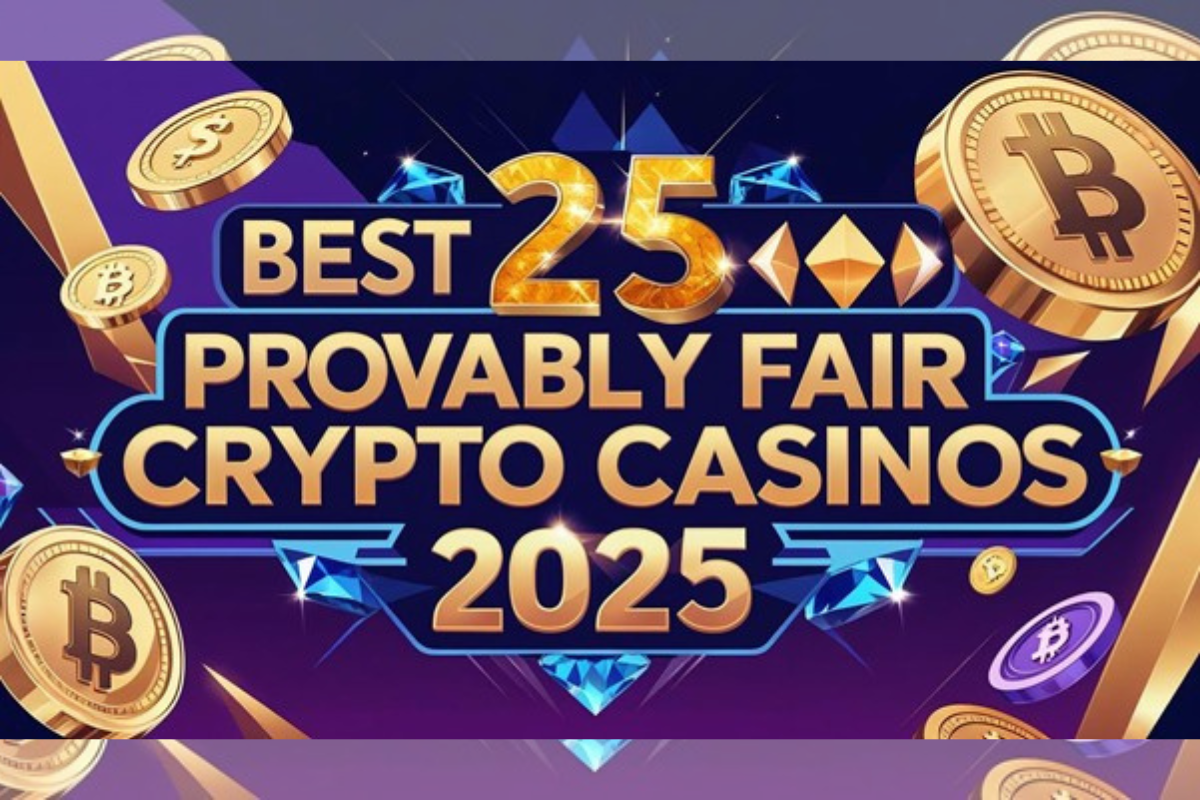
 Latest News7 days ago
Latest News7 days agoBest 25+ Provably Fair Crypto Casinos & Gambling Sites 2025
-
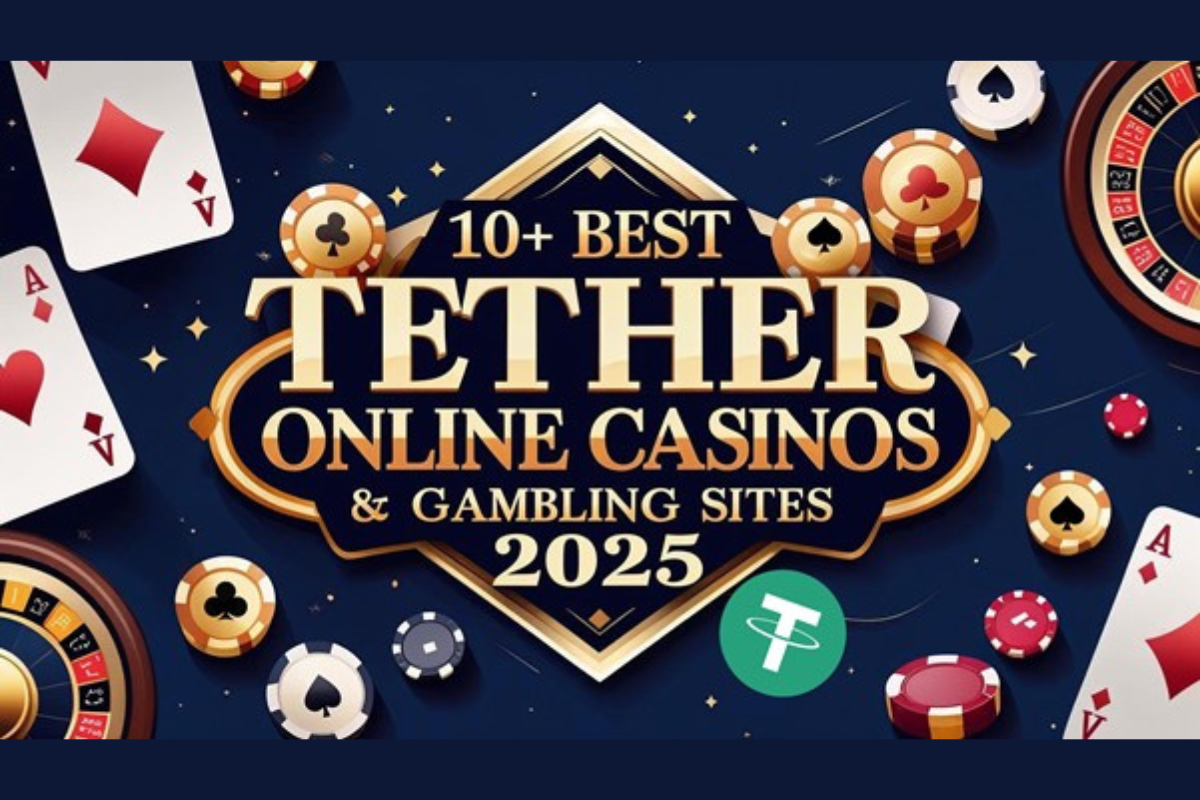
 Latest News6 days ago
Latest News6 days ago10+ Best Tether (USDT) Online Casinos & Gambling Sites 2025
-

 Asia6 days ago
Asia6 days agoFelicity Expands Global Footprint with Singapore Office
-

 Asia6 days ago
Asia6 days agoPhilippine Senate to Launch Inquiry into Online Gaming industry
-

 Gambling in the USA6 days ago
Gambling in the USA6 days agoGaming Americas Weekly Roundup – August 4-10
-
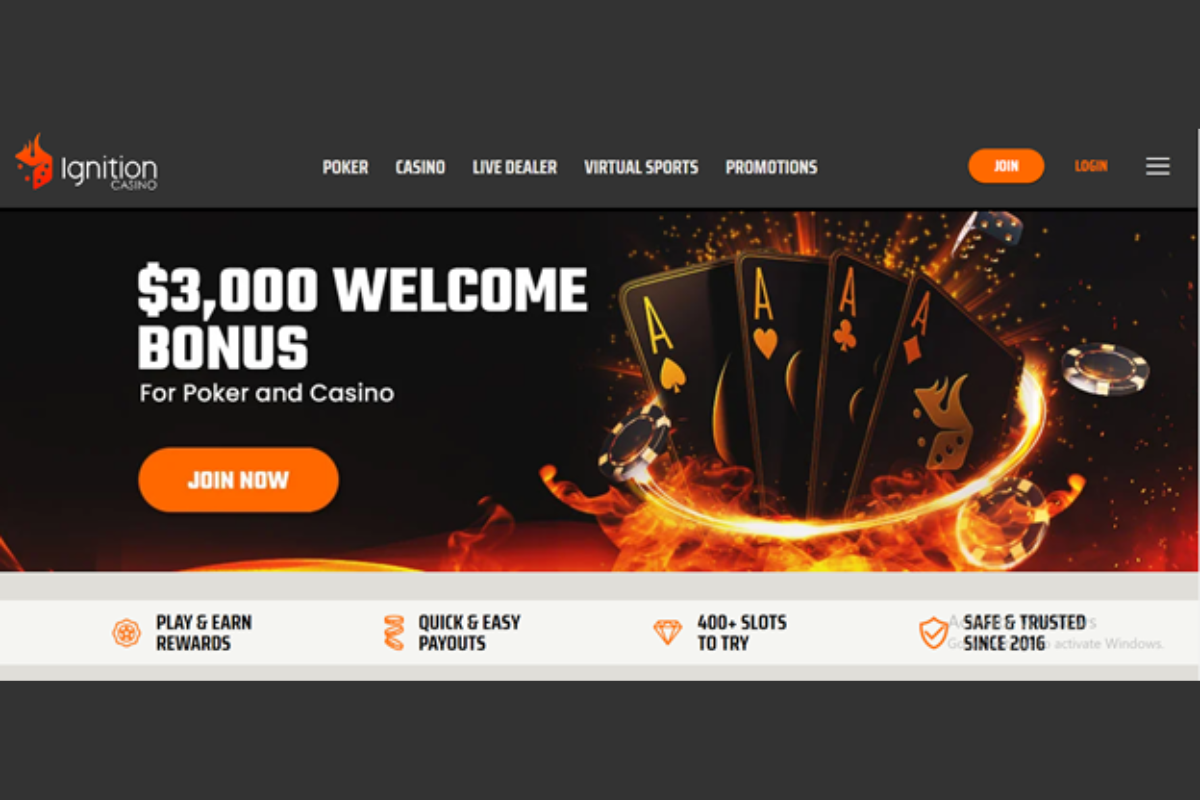
 Latest News5 days ago
Latest News5 days agoBest Crypto Casinos of 2025: Top 5 Bitcoin & Crypto Gambling Site For Big Wins & Fast Payout
-
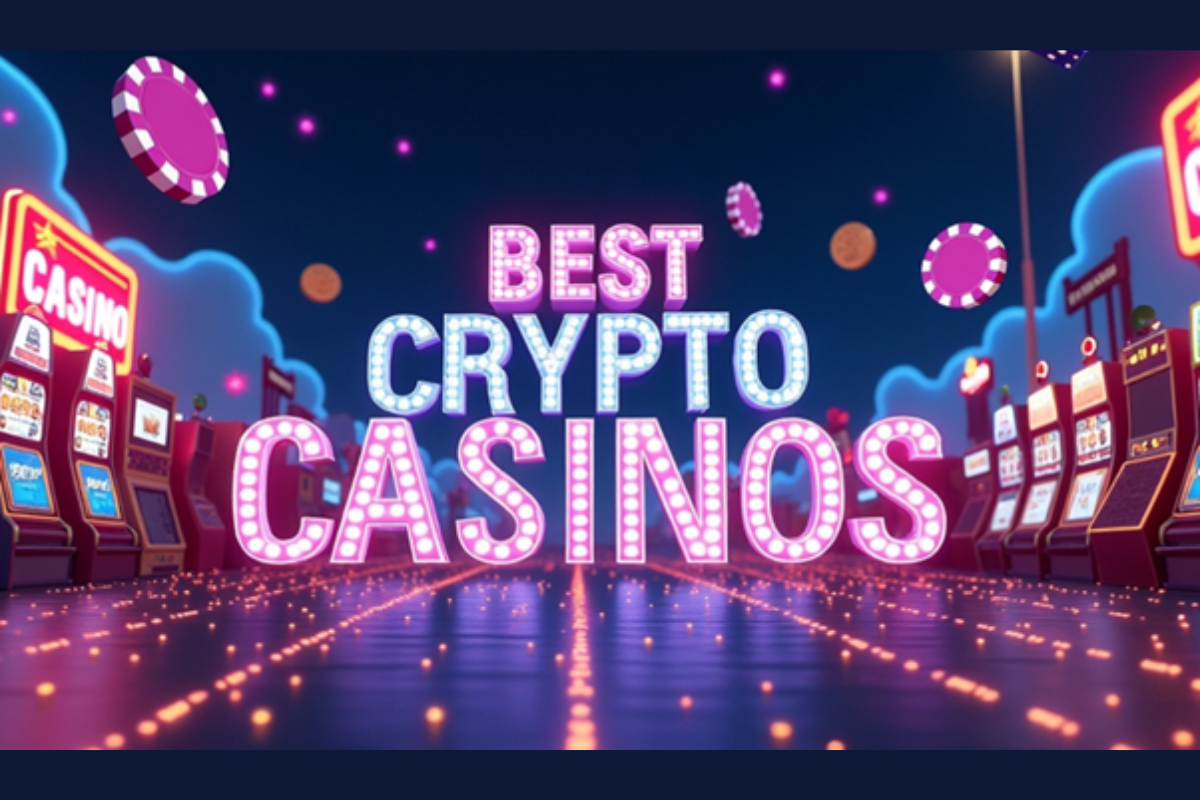
 Latest News6 days ago
Latest News6 days agoBest Crypto Casinos: Top 5 Crypto Casinos To Play At In August 2025!



















